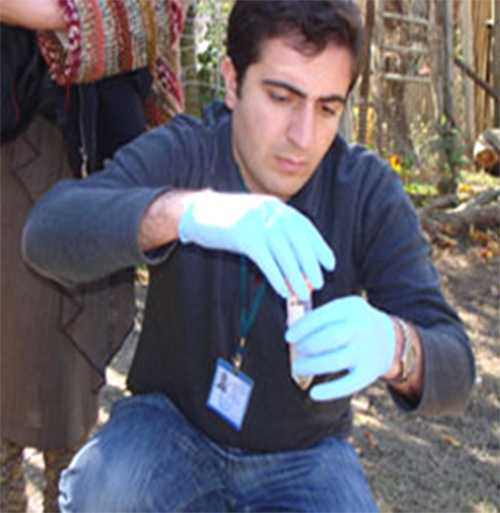
CDC has a strong relationship with the country of Georgia. Partnering with Georgia’s National Center for Disease Control and Public Health (NCDC) and other ministries, CDC helps develop institutional capacity to detect and respond to disease outbreaks. CDC provides ongoing technical assistance in outbreak investigation and development of laboratory and epidemiologic capacity in surveillance for a variety of health risk areas, including enteric diseases, botulism, extremely dangerous pathogens, and reproductive health.
Download Overview Fact Sheet
 Staff
Staff
CDC office (physical presence)
2 U.S. Assignees
3 Locally Employed
 Georgia at a Glance
Georgia at a Glance
Population: 4,329,000
Per capita income: $4,700
Life expectancy at birth women/men: 79/69 yrs
Infant mortality rate: 28/1000 live births
Source: Population Reference Bureau World Population Data Sheet, 2011
 Top 10 Causes of Death
Top 10 Causes of Death
- Ischaemic Heart Disease 36%
- Stroke 23%
- Cancer 11%
- Other Circulatory/Heart Diseases 4%
- Chronic Obstructive Pulmonary Disease 3%
- Hypertensive Heart Disease 3%
- Rheumatic Heart Disease 2%
- Cirrhosis 2%
- Diabetes 1%
- Road Injury 1%
Source: GBD Compare (http://viz.healthmetricsandevaluation.org/gbd-compare/), 2010
What CDC Is Doing
Our Stories
-
Combatting AMR/HAI in South Caucasus
Antimicrobial resistance (AMR). Hospital-acquired infections (HAIs). These chilling phrases have unfortunately become a part of our everyday language. Combatting them is an important element of CDC’s Global Health Security Agenda.
July 14, 2016
- Page last reviewed: August 11, 2016
- Page last updated: August 4, 2016
- Content source:
Global Health
Notice: Linking to a non-federal site does not constitute an endorsement by HHS, CDC or any of its employees of the sponsors or the information and products presented on the site.



 ShareCompartir
ShareCompartir

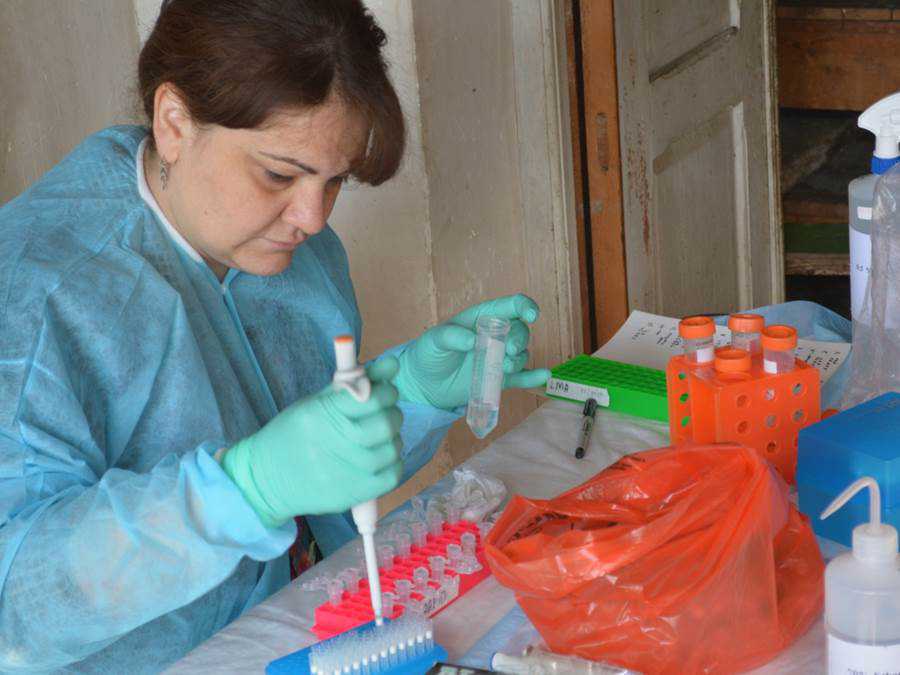
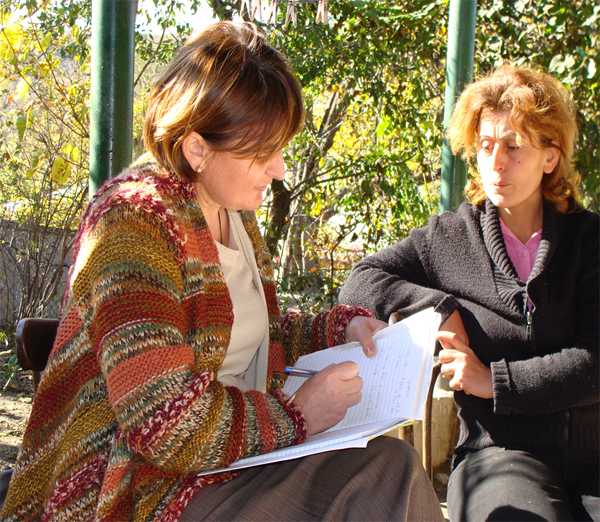
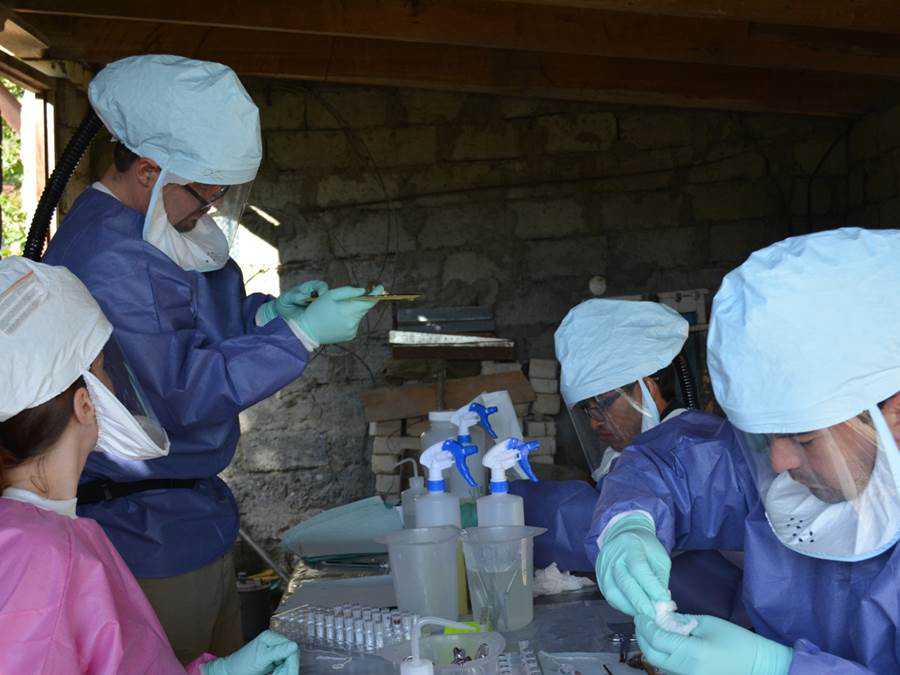
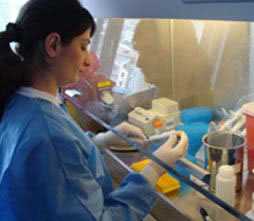 CDC trains local leaders and managers and equips them with skills to improve national and regional laboratory networks, surveillance systems, and quality management systems. Targeted technical assistance is helping the Ministry of Health to integrate new and existing laboratories into a more robust laboratory network. A goal is to strengthen national networks and skills of the local workforce to better coordinate activities and improve the country’s surveillance, laboratory, and response systems. CDC also conducts workshops to encourage discussions on bridging animal and human laboratory systems and fostering further collaboration. In this way, CDC is helping to establish a sustainable, in-country program to strengthen the public health surveillance and laboratory workforce. Since 2008, CDC has been training managers within the Georgia NCDC on laboratory quality management systems and project management. The unified approach to laboratory management capacity building includes: 1) strengthening management capacity through needs-assessments and skill-building workshops; 2) establishing projects facilitated by graduates of the Management for International Public Health course offered by CDC; and 3) developing a comprehensive laboratory quality assurance program and national testing strategy.
CDC trains local leaders and managers and equips them with skills to improve national and regional laboratory networks, surveillance systems, and quality management systems. Targeted technical assistance is helping the Ministry of Health to integrate new and existing laboratories into a more robust laboratory network. A goal is to strengthen national networks and skills of the local workforce to better coordinate activities and improve the country’s surveillance, laboratory, and response systems. CDC also conducts workshops to encourage discussions on bridging animal and human laboratory systems and fostering further collaboration. In this way, CDC is helping to establish a sustainable, in-country program to strengthen the public health surveillance and laboratory workforce. Since 2008, CDC has been training managers within the Georgia NCDC on laboratory quality management systems and project management. The unified approach to laboratory management capacity building includes: 1) strengthening management capacity through needs-assessments and skill-building workshops; 2) establishing projects facilitated by graduates of the Management for International Public Health course offered by CDC; and 3) developing a comprehensive laboratory quality assurance program and national testing strategy.